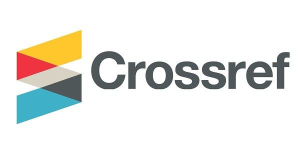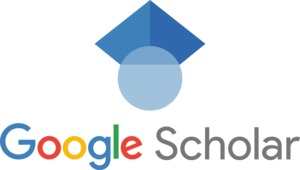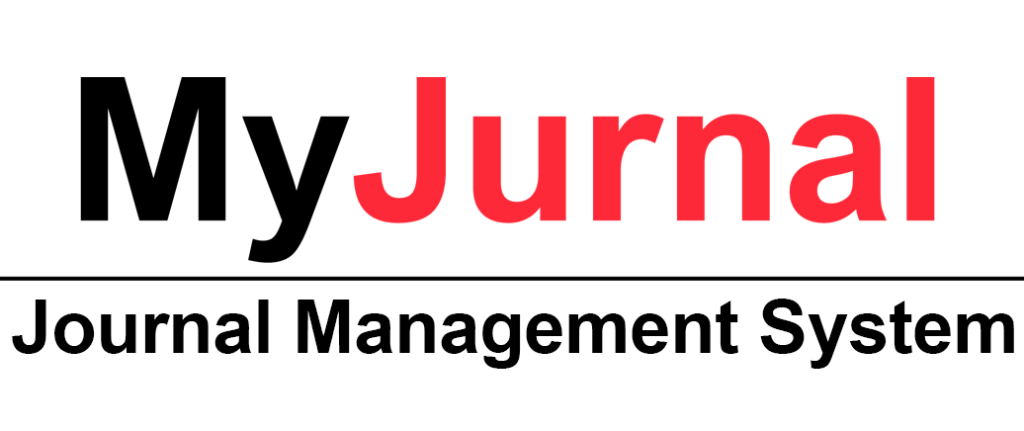The Differential Effect of Thinking Aloud and Agree/Disagree Metacognitive Strategies on the Three Levels of Students' Academic Performance in Secondary School Science
DOI:
https://doi.org/10.31436/ijes.v13i2.580Keywords:
metacognitive strategies, thinking aloud, agree/disagree, academic performance, scienceAbstract
This research determined the influence of metacognitive strategies on the three levels (high, moderate
and low level) of student’s academic performance and to also assessed the difference in the academic
performance of students that were taught using thinking aloud and agree/disagree metacognitive
strategies instructional strategies. The study adopted pretest, post-test, control group experimental
design. A total sample of 100 secondary school science students was used, with 50 in the experimental
group and 50 in the control group; the experimental group received treatment using the "thinking
aloud" (36 students) and "agree/disagree" (14 students) instructional strategies, while the control
group was taught using the conventional method. A thirty- multiple choice Physics, Chemistry and
Biology Performance Test (PCBPT) was used to measure students’ academic performance in Physics,
Chemistry and Biology subjects. The findings derived from the collected data revealed that science
students demonstrated a moderate level of academic performance. No significant difference was
observed in the performance of science students taught using the thinking-aloud and agree/disagree
instructional strategies. However, the experimental group taught with metacognitive strategies
showed a significantly higher mean gain (4.96) than the conventional group (1.20), p < 0.05,
indicating the effectiveness of the strategy. Consequently, it is recommended that teachers in science
education incorporate metacognitive strategies, particularly in this era where teaching approaches
prioritize a child-centered methodology and also, use to validate the answers students provide to
ensure it is not a copy and paste AI generated answers.
Metrics
Downloads
Published
How to Cite
Issue
Section
License
Copyright (c) 2025 IIUM Press, International Islamic University Malaysia

This work is licensed under a Creative Commons Attribution 4.0 International License.
The Journal will own copyright to all published works and have the right of first publication, both in print and online, unless other arrangements are made with the Editors in advance. It is the author`s responsibility to ensure that where copyright materials are included within an article the permission of the copyright holder has been obtained beforehand.























